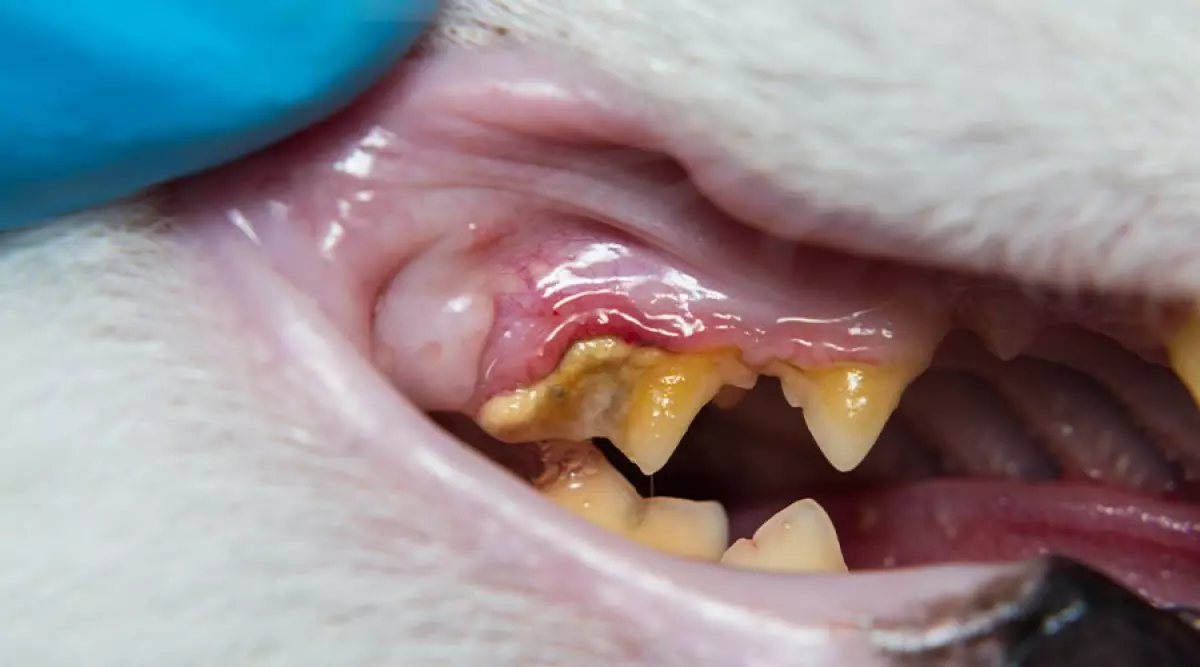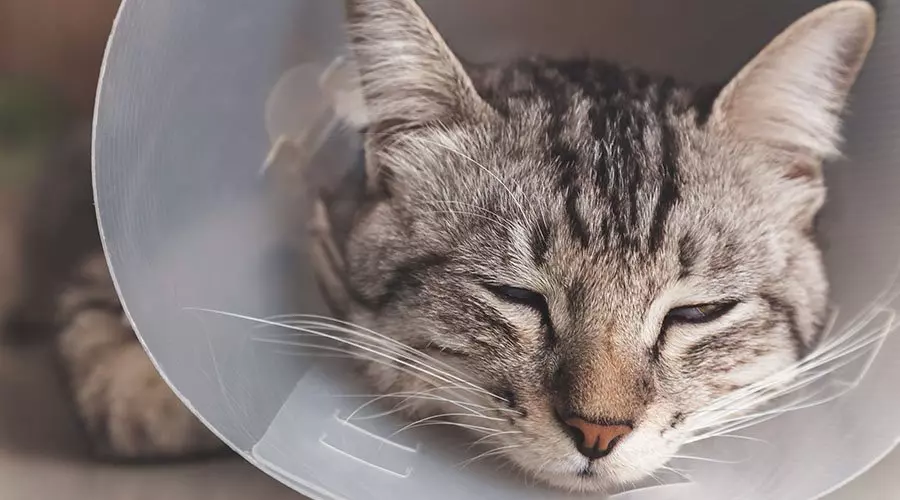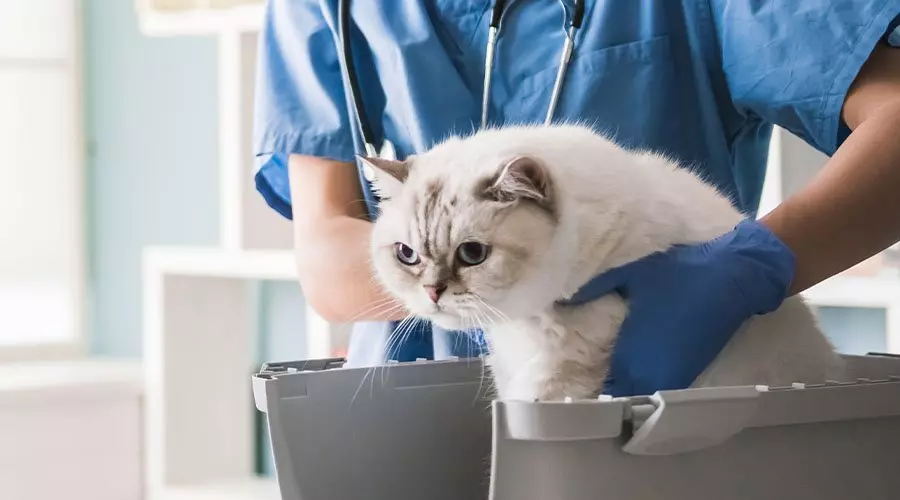Have you ever wondered why your furry friend sometimes drops food while eating? Or noticed them favoring one side of their mouth? In this article, we'll dive into the nine potential causes of this behavior and provide some guidance on what to do if you encounter it.
Unveiling the Culprits: 9 Reasons for Cats Dropping Food When Eating
1. Gingivitis or Stomatitis
 Image source: annamrestaurant.vn
Image source: annamrestaurant.vn
While most commonly associated with humans, gingivitis can also affect our feline companions. Tartar buildup can lead to inflamed gums, causing discomfort and difficulty in eating. Cats are also susceptible to another variant of gingivitis where the immune system overreacts to normal mouth bacteria, resulting in severe gum inflammation known as stomatitis. Watch out for bad breath, excessive drooling, and one-sided eating if your cat has gingivitis.
2. Dental Disease
Gingivitis is just a part of the larger issue of dental disease. As inflammation progresses, gums recede, exposing the tooth root and leading to tooth instability. Diseased teeth can be exceedingly painful, causing cats to drop food, exhibit preference for one side of the mouth, or even lose their appetite. If you detect a foul smell in your cat's mouth along with drooling, it's time for a dental check-up.
3. A Broken Tooth
 Image source: annamrestaurant.vn
Image source: annamrestaurant.vn
Similar to humans, cats can experience excruciating toothaches. Traumatic incidents like falls or accidents can result in fractured teeth, exposing the nerve and making the tooth vulnerable to infection. Broken teeth can cause pain while eating, irritation, and even a change in behavior. Prompt veterinary attention is crucial to prevent further complications.
4. Feline Odontoclastic Resorptive Lesions (FORL's)
FORL's are erosions that occur in a cat's teeth, leaving the sensitive pulp exposed. Signs of pain while eating, increased drooling, weight loss, and a decreased appetite are indicators of this condition. Some cats are more prone to FORL's and may experience recurring problems.
5. Trauma
 Image source: annamrestaurant.vn
Image source: annamrestaurant.vn
Injuries can occur anywhere in a cat's body, and wounds in the mouth or on the tongue can disrupt their eating patterns. Keep an eye out for excessive licking, dribbling, and signs of discomfort. If your cat appears unwell, it's essential to consult a veterinarian.
6. Tumors
Lumps and bumps can develop in a cat's mouth, some of which can be benign, while others are cancerous. Cats with mouth tumors may exhibit bleeding, a foul smell, difficulty eating, weight loss, and a loss of appetite. Professional evaluation is crucial in diagnosing and treating potential tumors.
7. Foreign Material
Although less common than in dogs, cats can ingest foreign objects like cotton thread, small bones, or fishing line and hooks, leading to difficulty in moving their tongues and causing coughing or retching. If you suspect your cat has ingested a foreign object, immediate veterinary attention is necessary.
8. Ulceration
Cats are susceptible to mouth ulcers caused by various factors, including the ingestion of irritant substances or kidney disease. Kidney failure can result in uraemic ulcers, causing discomfort while eating, increased thirst, weight loss, and a distinct breath odor. If your cat exhibits these symptoms, a vet visit is crucial.
9. A Head Tilt
A head tilt in cats can indicate conditions affecting the inner ear or the brain's "balance center." Polyps, bleeding on the brain, or vestibular syndrome may be the underlying causes. Cats with a head tilt may struggle to eat without dropping food and may appear unsteady or disoriented. Veterinary assistance is necessary to diagnose and address the problem.
What Should I Do if My Cat Drops Food While Eating?
 Image source: annamrestaurant.vn
Image source: annamrestaurant.vn
As with any significant change in your cat's behavior, it's essential to consult a veterinarian if you notice your cat dropping food while eating. If your cat has stopped eating or is bleeding, immediate veterinary attention is critical. Otherwise, make an appointment with your vet for a thorough examination. Take note of any additional symptoms such as changes in thirst, appetite, drooling, or signs of pain. Remember, many of the underlying causes of food dropping behavior in cats are treatable.
Conclusion
If your cat starts dropping food suddenly, various potential causes could be behind this behavior. Look out for accompanying symptoms like drooling, head tilt, pawing at the face, and bad breath. To uncover the mystery and ensure your cat's well-being, it's best to seek guidance from a veterinary professional. Schedule an appointment with your vet if you have concerns about your cat dropping food. Together, you can uncover the root cause and find the most suitable treatment, putting your furry friend back on the path to a happy and healthy life.

















